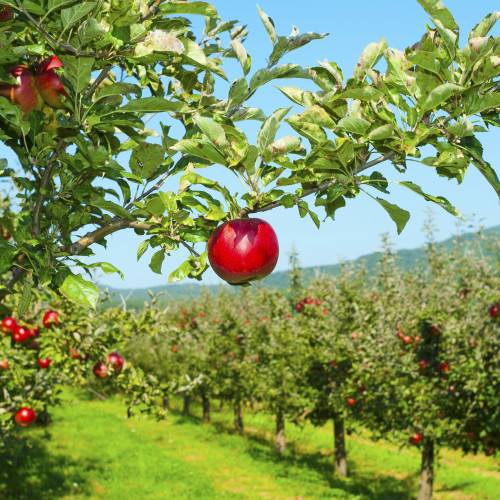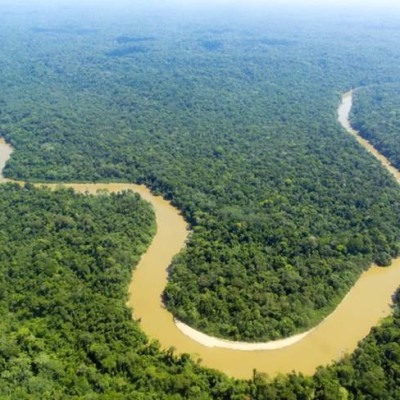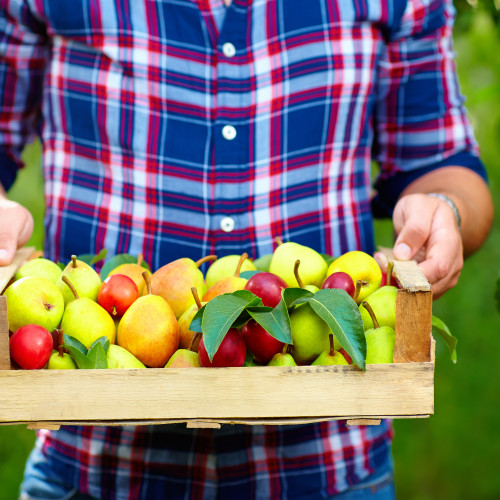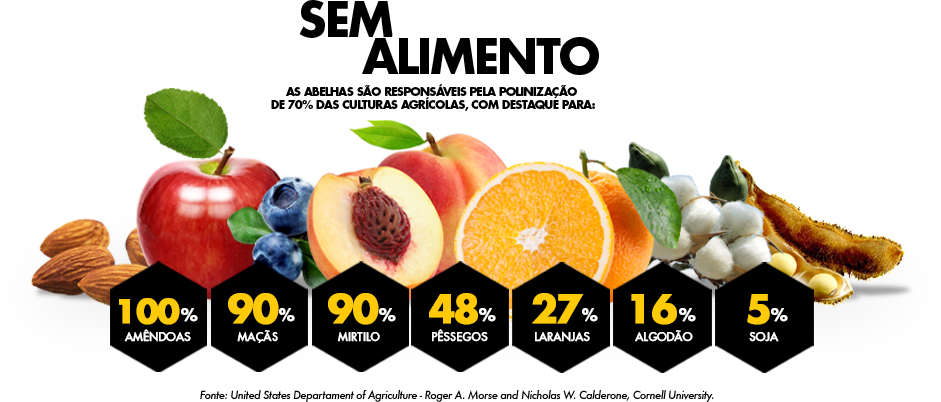WE ARE BEE FRIENDS |
CLICK HERE TO JOIN
Is also a friend of bees!
Sign up and stay on top of the most relevant information about the world of bees and of all the initiatives of the campaign.

WHAT IS POLLINATION?
Pollination is the process that ensures the production of fruits and seeds and breeding of various plants, one of the main mechanisms maintenance and promotion of biodiversity on Earth. What for she occurs, come into play pollinators, which are animals such as bees, wasps, butterflies, birds, small mammals and bats responsible for the transfer of pollen between the male and female flowers. In some cases, Also the wind and rain meet this process.
It is certain, However, that bees are the most suitable agents, more efficient and, therefore, the most important in pollination, there is great interdependence between plant species and their pollinators, which can be single.
One example is the bumblebee and passion fruit. This bee has features that make it unique in the passion flower pollination: his sharp size and the vibration movement that only it produces, causes the pollen is knocked, It can be transported to the female part of the flower, fecundando-a. Sem a mamangaba, therefore, passion fruit playback would be seriously compromised.
This intimate relationship we understand the need to protect all existing different types of pollinators in nature.
BEES AND POLLINATION
The bees form a diverse and large group, comprising more than 20 thousand species in the world. In Brazil, it is estimated that there are over 3.000 different species of bees, but only just over 400 They are cataloged. As native species are stingless bees, or native stingless bees, that make up the vast majority of bee species in our country.
But there are also Apis mellifera, known as the honey bees or Africanized. These are exotic bees, hybrid by crossing bees brought from Europe and Africa, and the most used in beekeeping: bees are stinging.
There are also the group of solitary bees and even the gender of bees Bombus, popularly known as bumblebee.
Unlike other groups of insects, both adult bees, As ofas Larva e beans, feed exclusively floral resources. That is why, to meet their food needs, bees visit a variety of flowers, collecting pollen (Fonte protein) and nectar (for the production of honey). The pollination activity is, therefore, an involuntary action of pollinators, but essential to the life of plants, that use scents, colors and flavors to attract them.
THE IMPORTANCE OF POLLINATION
Of the known species of flowering plants, near 88% rely, at any moment, pollinating animals. More than 3/4 species used by humans for food production depend on pollination for quality production and qUANTITY.

POLLINATION SLICE IN THE GLOBAL AGRICULTURE
It is estimated that ecosystem services pollination correspond to about 10% do PIB agrícola, representing the incredible figure higher than the US $ 200 billion / year, not world.

ENSURE THE BIODIVERSITY AND OXYGEN PRODUCTION
Near 85% Plants with presents flowers in the woods and forests of nature, rely, at any moment, of pollinators to reproduce.
Therefore, Bees play a vital role, real “cupids nature”, carrying pollen between plants, and ensuring genetic variation as important to the development of species, the equilibrium of ecosystems, and reproduction of the species.
It is worth remembering that, in doing so, contribute so that there are enough plants for the production of the vital oxygen for all living forms on our planet.

FOOD ARRIVING TO OUR TABLE
70% all of pollinating crops depends, and it is estimated that 1/3 of all food arriving at our table have some dependence on pollinators to be generated.
